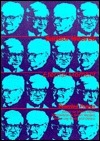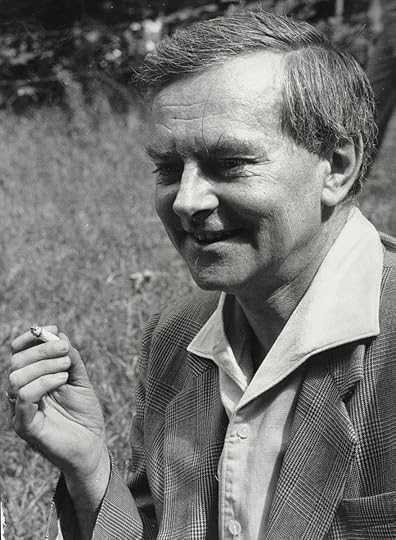What do you think?
Rate this book


72 pages, Paperback
First published January 1, 1988

Whatever my origin, driven out into the earth,
my clothes will ever carry the sheep-fold stench
of things here below.
This is the place where God's every plant and beast
pullulates through its appalling feast,
chewing its neighbors raw.